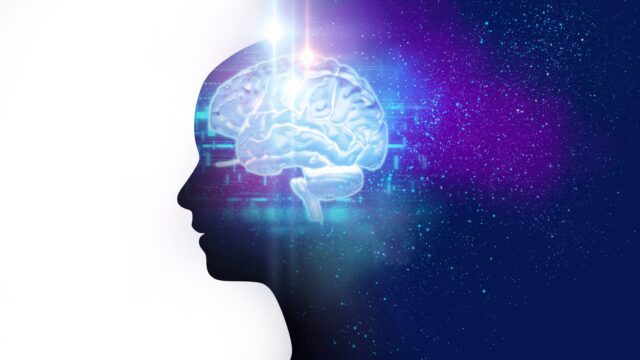Thinking is both a blessing and a curse. Properly harnessed, wonderful creativity emerges. Allowed to run free, it frets over the uncontrollable, big questions of life.
We have the highest intelligence level of all animals. Whether that means we’re the smartest species though is up for debate. Other creatures seem happier with fewer work pressures.
Higher cognitive ability brings great benefits. Without it, inventions would be impossible. We would live in an unsophisticated world.
The problem is it can run wild, particularly when facing major crises. Loss of work, divorce, illness, bereavement. All challenge us mentally and the helplessness involved can feel torturous.
Faith traditions, both religious and secular, are as old as humanity itself. In seeking answers to questions outside our control, belief in a higher idea can be a great comfort.
That word “idea” is critical here. Many atheists talk about relief in not feeling part of some grand plan just as those with a belief in a God find help in the concept that there is someone in control.
Atheism provides comfort in the idea that this life is all there is. Atheists believe you don’t need to worry about the next life because there isn’t one. No afterlife, nothing to be frightened of.
It is also perfectly possible to be religious and atheist. Just ask a Buddhist monk. Contrary to popular belief outside of Buddhism, the Buddha repeatedly said he was not, and he is not viewed as, a God.
Ideas of events after death is also something which is different in Buddhism. The goal is nirvana, which translated to English means “extinguishing”. In other words, the end of samsara, “suffering”, which all sentient beings endure.
There is an unfairness in labelling atheism “faithless”. In fact, it often requires a great amount of belief. Likewise, it can bring great comfort in life-changing moments.
Dismissing theistic beliefs would be a major mistake too though. If they have brought comfort to billions of people over the centuries, there are solid reasons why.
The idea that living a good life ends with reward after death is a wonderful support in difficult times, particularly when someone passes away.
In an Irish context, these ideas would be most commonly found in Christianity. However, they also underpin most of the other religions around the globe.
In Ireland, there was, until recent decades, a strong Jewish tradition, particularly in Dublin, and Islam is growing here now.
Regardless of whether somebody finds comfort through faith in an afterlife or not, those beliefs are worthy of respect. Tolerance is fundamental. What is right for one, doesn’t necessarily work in the same way for another.
Unfortunately, we will all face difficult times in life. It is how we cope with those periods which is vital. Faith, religious or secular, can be incredibly powerful in those moments.
SEE ALSO – Andrew McDonald: Coping with grief


























